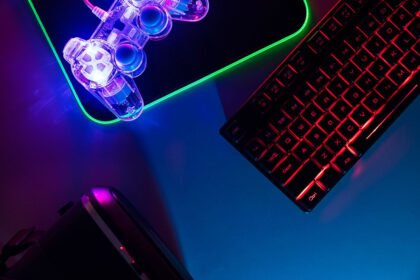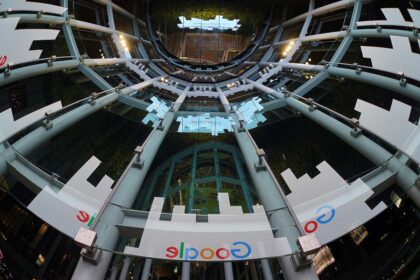Sirius Aviation, a Swiss startup, has revealed plans for the first-ever hydrogen-electric vertical takeoff and landing aircraft. (eVTOL) aircraft.
The jet resembles Night Fury from How to Train Your Dragon and can travel up to 1,851 km at speeds of 520 km/h. This is four times the distance that competitors like German eVTOL startup Lilium aim to achieve using batteries.
The use of liquid hydrogen propulsion is what enables these accomplishments. Many view it as the ultimate fuel. With the high energy density of liquid hydrogen, vehicles can travel longer distances without adding extra weight, unlike gaseous hydrogen or batteries.
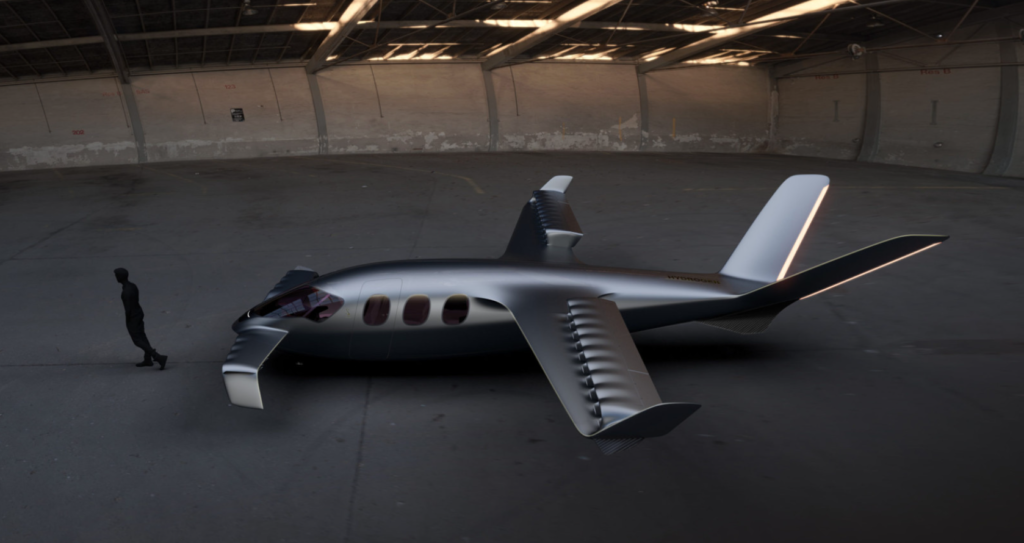
Sirius Aviation has a team of more than 100 engineers who have been working diligently on research and development for the past two years to create the jet. They have begun the certification process with the FAA.
The company is working on creating two planes: a small business jet for three passengers, and a larger aircraft for commercial use that can carry up to five passengers. It seems like a lot of resources are being used for these projects.
Next year, the initial test flights for both VTOLs will take place. Sirius aims to obtain complete certification, start commercial deliveries, and conduct shuttle flights by 2028.
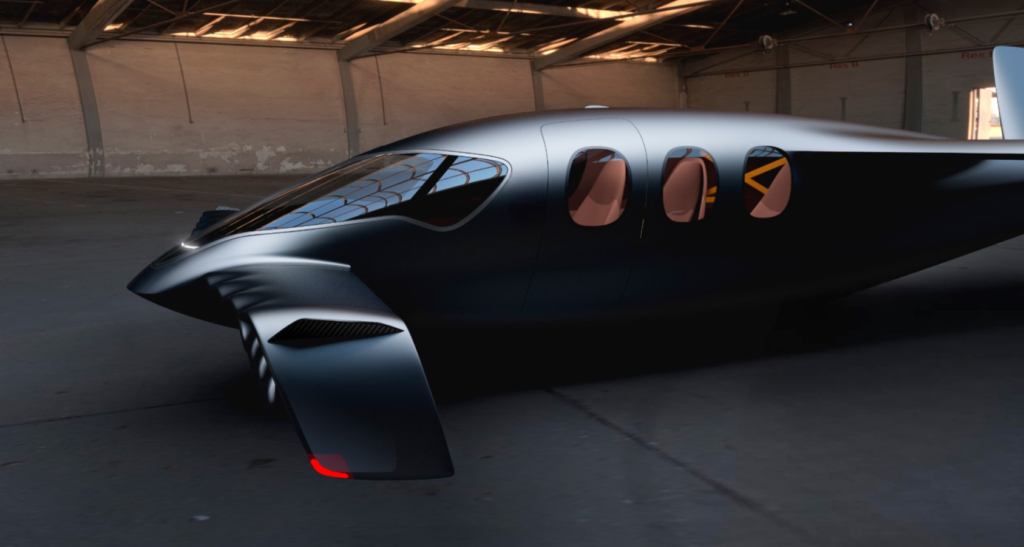
Despite their optimism, there are still significant challenges ahead, particularly with the use of liquid hydrogen. H2Fly achieved a major milestone last September with the world's first piloted flight of a liquid H2-powered plane.
Liquid hydrogen must be stored at temperatures below -253 °C throughout all stages of distribution, filling, and flight. This poses significant logistical difficulties, not only in the aircraft's design but also in the production, storage, and transportation of the fuel.
Furthermore, the aviation certification process is widely known for its exorbitant costs. To fulfill its commitment of commencing commercial flights by 2028, Sirius will probably require a staggering sum of hundreds of millions, if not billions, of dollars within a mere five-year timeframe.
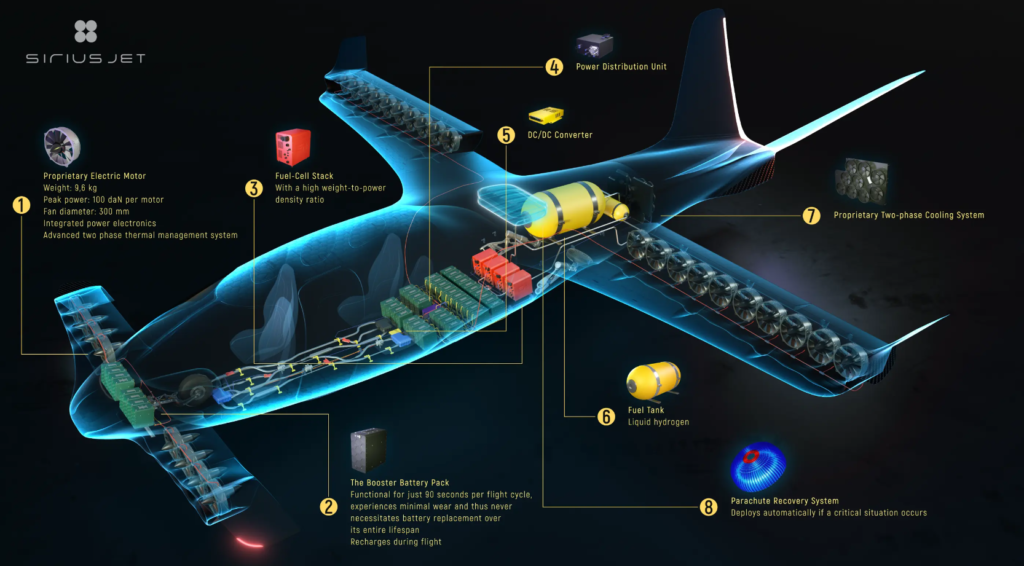
It is not clear who will fund the project yet. BMW assisted in designing the jet, but there is no proof that they will be more involved.
Additionally, Sirius intends to handle all development in-house, even the liquid hydrogen powertrain. With no gaseous hydrogen plane certified or in commercial operation, it's hard to estimate the time and cost for the liquid version.
In general, it's a very ambitious schedule, which is a common trend in the eVTOL startup industry. For now, let's relax, appreciate the stunning visualizations, and wish that Sirius' plans are more solid than they seem.
Featured image by Sirius Aviation









